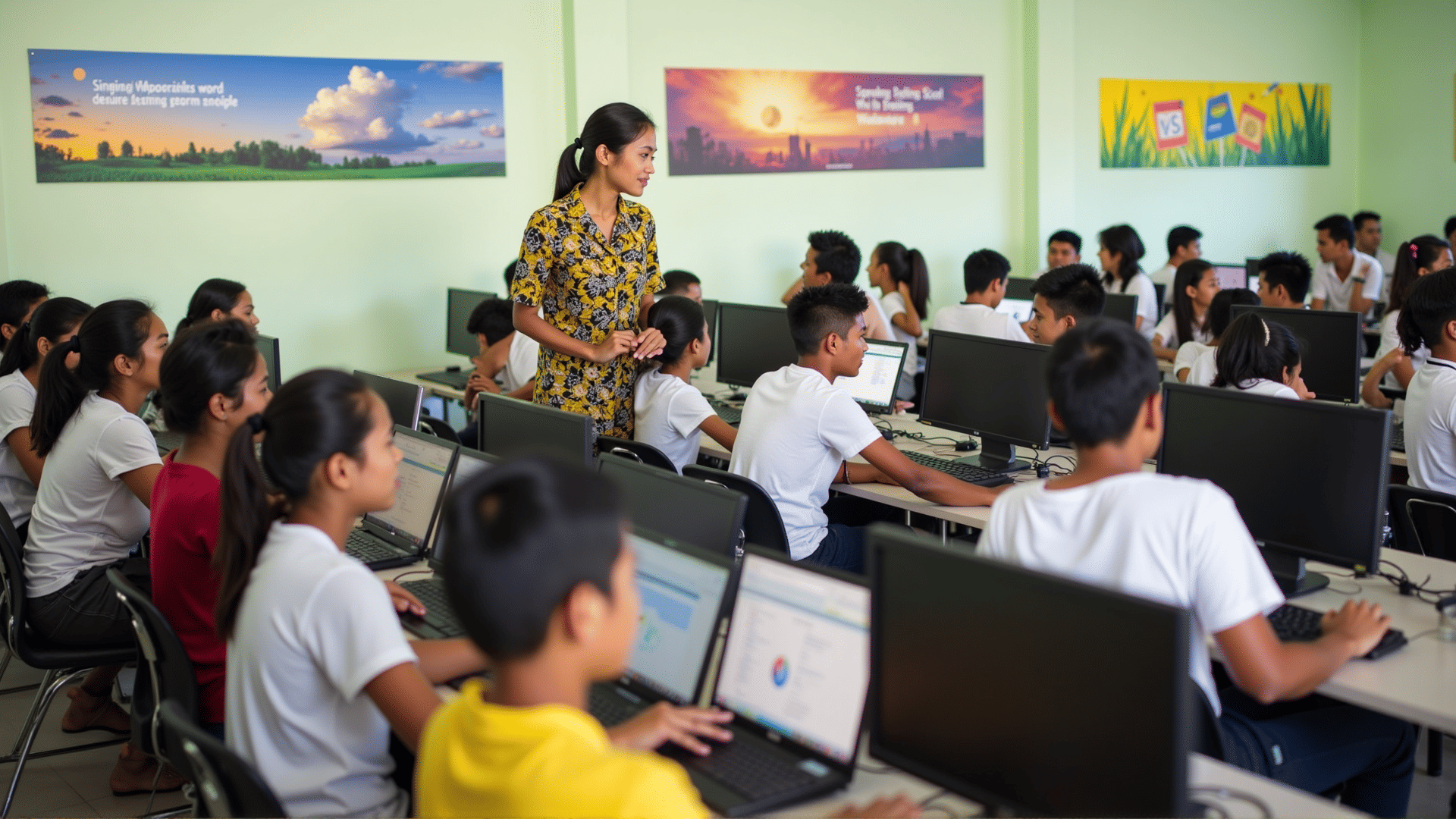Skill development programs are increasingly becoming a cornerstone for transforming the lives of Filipino youth. These initiatives are designed to equip young individuals with practical abilities, broadening their horizons and enabling them to contribute positively to their communities.
Across the Philippines, numerous programs are being implemented to address the mismatch between traditional education and the skills needed in the job market. By focusing on vocational training, technical education, and digital literacy, these programs aim to prepare the youth for the demands of the modern workplace. This approach not only enhances their employability but also empowers them to take charge of their futures.
One notable benefit of these programs is the enhancement of technical skills. By offering courses in areas such as coding, graphic design, and skilled trades, young individuals can gain expertise in high-demand fields. This not only increases their chances of securing meaningful job opportunities but also helps fill the skills gap in various industries. As a result, participants find themselves better positioned for lifelong learning and career advancement.
Furthermore, skill development programs often emphasize soft skills, such as communication, teamwork, and problem-solving. These competencies are essential in any job setting and are particularly valuable for young people who are just entering the workforce. By mastering these skills, Filipino youth can navigate complex professional environments with confidence and adapt to rapidly changing situations with ease.
Community involvement is another significant aspect of these programs. By engaging with local businesses and industries, these initiatives ensure that the training provided aligns with the needs of the local job market. This collaboration fosters a supportive ecosystem where young individuals can gain real-world experience through internships and apprenticeships. Such exposure not only bridges the gap between education and employment but also strengthens community ties.
Additionally, skill development initiatives have a broader societal impact. By empowering the youth, these programs contribute to social development and help create more resilient communities. Young individuals who are equipped with valuable skills become role models, inspiring others to pursue similar paths. This ripple effect can lead to lasting change, fostering a culture of continuous learning and development among future generations.
In conclusion, skill development programs are vital in empowering Filipino youth by providing them with the practical tools they need to thrive. As these initiatives continue to expand, more young individuals will have the opportunity to improve their lives and make meaningful contributions to society. This transformative journey not only benefits the youth but also paves the way for a more inclusive and prosperous future for all.
